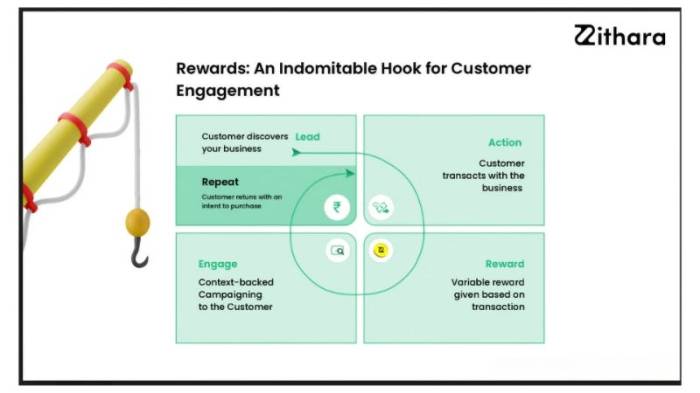Why CRM Software is Essential for Boosting Customer Retention and Loyalty? Let’s be real, in today’s cutthroat business world, keeping customers happy isn’t just a nice-to-have; it’s a survival tactic. And that’s where CRM software steps in, acting as your secret weapon for building stronger, more profitable relationships. Think of it as your personal customer relationship guru, helping you understand their needs, anticipate their wants, and ultimately, keep them coming back for more. This isn’t just about selling; it’s about building a loyal tribe who’ll sing your praises (and keep your cash register ringing).
From understanding the customer lifecycle to leveraging data-driven insights, we’ll dive deep into how CRM software transforms your approach to customer retention. We’ll explore key features, practical strategies, and measurable results, showing you exactly how to turn satisfied customers into brand advocates. Get ready to level up your customer relationship game!
Understanding Customer Relationships and Retention
In today’s fiercely competitive market, cultivating strong customer relationships isn’t just a nice-to-have; it’s a survival necessity. Building loyalty translates directly to increased revenue, reduced acquisition costs, and sustainable business growth. Understanding the nuances of customer interactions and leveraging technology to optimize these interactions is key to unlocking this potential.
Strong customer relationships are the bedrock of business success. Happy customers become repeat customers, advocates for your brand, and a powerful source of organic growth. They are more likely to forgive minor mistakes and less likely to switch to competitors, even when presented with attractive offers. Conversely, neglecting customer relationships can lead to a downward spiral of lost revenue, damaged reputation, and ultimately, business failure.
The Customer Lifecycle Stages and CRM Optimization
The customer lifecycle encompasses several key stages, each presenting opportunities to strengthen relationships and improve retention. Effective CRM software provides the tools to manage and optimize these interactions across the entire journey. From initial contact to post-purchase support, CRM systems offer a centralized platform to track customer interactions, preferences, and behaviors, allowing businesses to personalize their engagement and anticipate customer needs.
Examples of Poor Customer Relationship Management
Imagine a clothing retailer that fails to follow up on a customer’s online order, leaving them in the dark about shipping updates. Or a tech company that provides inadequate technical support, leaving customers frustrated and feeling unsupported. These are prime examples of poor CRM practices. The consequences? Lost sales, negative reviews, and damage to brand reputation, ultimately leading to decreased customer retention. Customers feel undervalued and are more likely to switch to a competitor that prioritizes a better customer experience.
